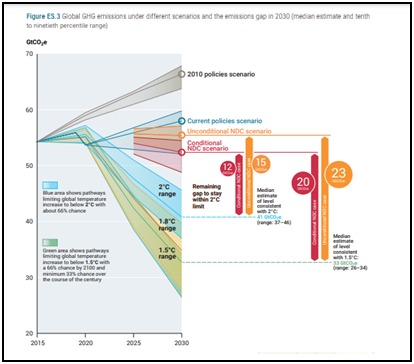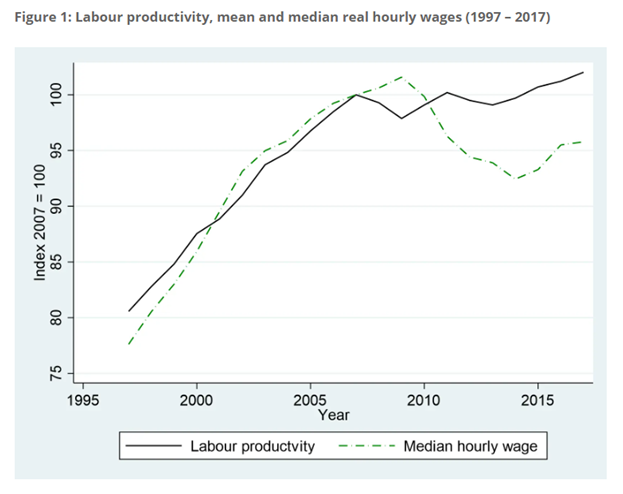
Professor of Political Economy at University of Sheffield; Visiting Senior Fellow at ODI global think tank; commentator on economic and climate policy; dad
How to get URL link on X (Twitter) App

https://twitter.com/peston/status/1622166133796208640But interesting because it speaks to a wider but largely unacknowledged truth: the economics establishment HAS become more left-wing since the 2008 financial crash. Not in an ideological sense, but as a result of empirical evidence and theoretical and policy analysis. /2
https://twitter.com/gilesyb/status/1592462333678620672Giles (and @ChrisGiles_ and @PJTheEconomist) claim that we anti-austerians are not taking the dire position of the public finances seriously enough. There is a fiscal crisis and we are apparently ignoring it. (See Chris’s analysis below). /2 on.ft.com/3hNlOAJ
https://twitter.com/hmtreasury/status/1592425780344066048Hunt says his priority is fighting inflation. But cutting spending and raising taxes won’t do that. Today’s inflation has been caused by global energy costs, not by excessive domestic demand. Wage rises (figures out today) are lower than inflation so are not contributing to it./2
https://twitter.com/timpitt11/status/1591030446653329408… and/or tax rises which are (deliberately) implied by all HMT’s briefing and media reporting of the ‘black hole’. The current economic situation is very uncertain: simultaneous inflation (almost certainly on its way down)… /2
https://twitter.com/tianran/status/1590806585311645698(1) Climate models are based on geo- and bio- chemical system patterns which are uncertain but follow scientific laws; macroeconomic ones rest on past economic relationships which may not continue in the future and concern uncertainly predictable human/institutional behaviour. /2



 The Govt is adopting an extraordinary approach to fiscal policy. Borrowing is already historically high, and higher interest rates have raised the cost of servicing it. But the Govt is going on a splurge. Cutting NI contributions will cost c£14bn a year./2 ifs.org.uk/publications/r…
The Govt is adopting an extraordinary approach to fiscal policy. Borrowing is already historically high, and higher interest rates have raised the cost of servicing it. But the Govt is going on a splurge. Cutting NI contributions will cost c£14bn a year./2 ifs.org.uk/publications/r…